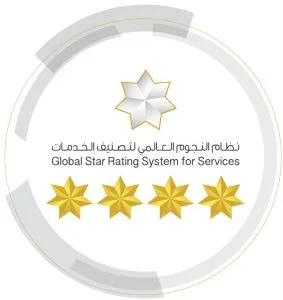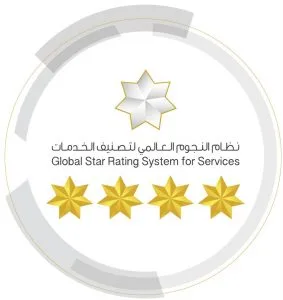Underestimating Error
No one agrees to error. This is a strict principle. However, this is not the end; disagreement alone does not represent the minimum level of protection. It is necessary then to pay attention in daily work to error, starting from the possibility of its occurrence not on purpose to errors committed on purpose to grave violations that may cause corruption.
Each individual and public employee has the primary role of being cautious and diligent as well as complying with regulations and mechanisms and be truly responsible through awareness and deliberateness rather than leaving matters to chance.
The institution also has its role in direction and organization then monitoring and following up and applying the necessary penalties. This is the way to identify errors before they are committed and before they multiply and take severer shapes.
Control starts by oneself and an institution is a group of individuals with relations set out in the regulations and organizational structures and according to the accurate job descriptions so that duties, positions and roles are well-defined and known. Thus, assessment is done based on this knowledge.
This awareness should be based on the notion that a small error is significant and that a small error may lead to a bigger one and corruption takes place through negligence and accruement of errors whose committers thought at the beginning that they are marginal and insignificant.
After all, fire starts if a spark is underestimated?




Give us your rating